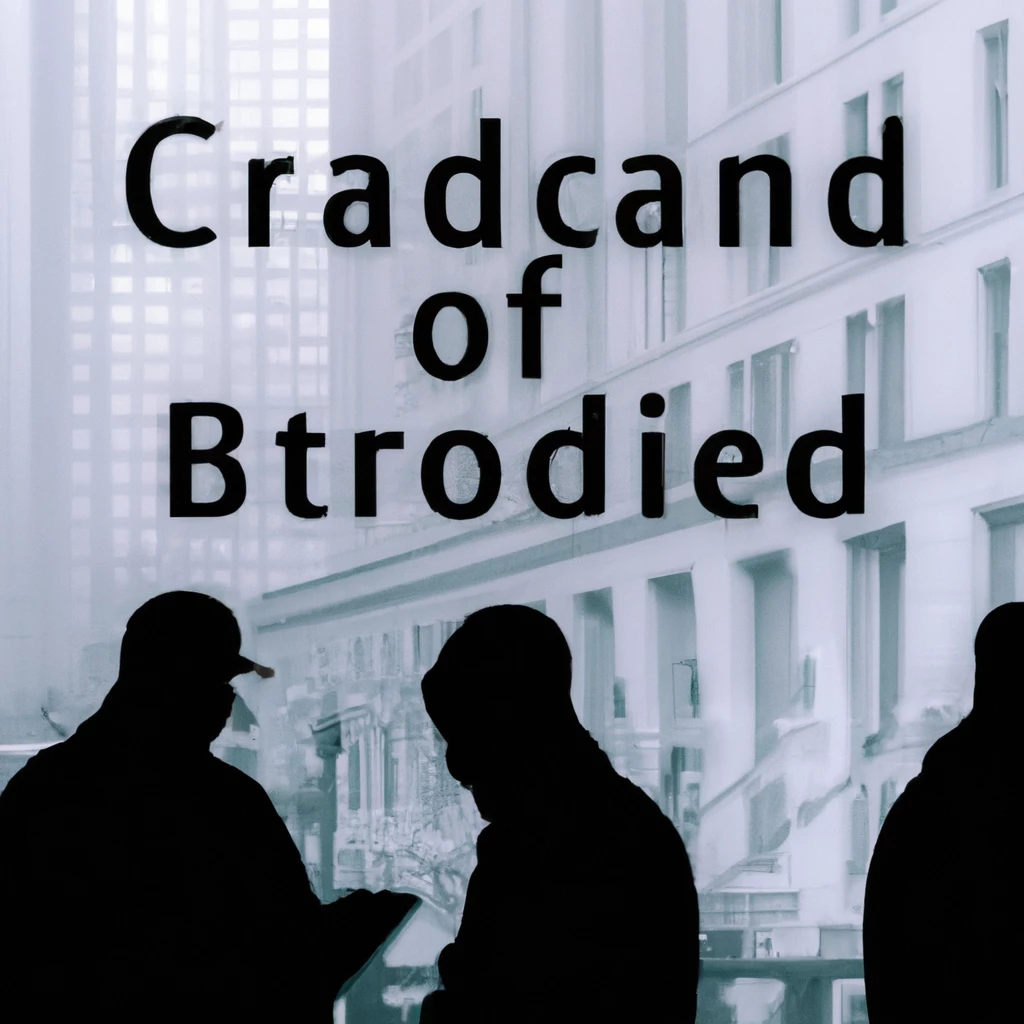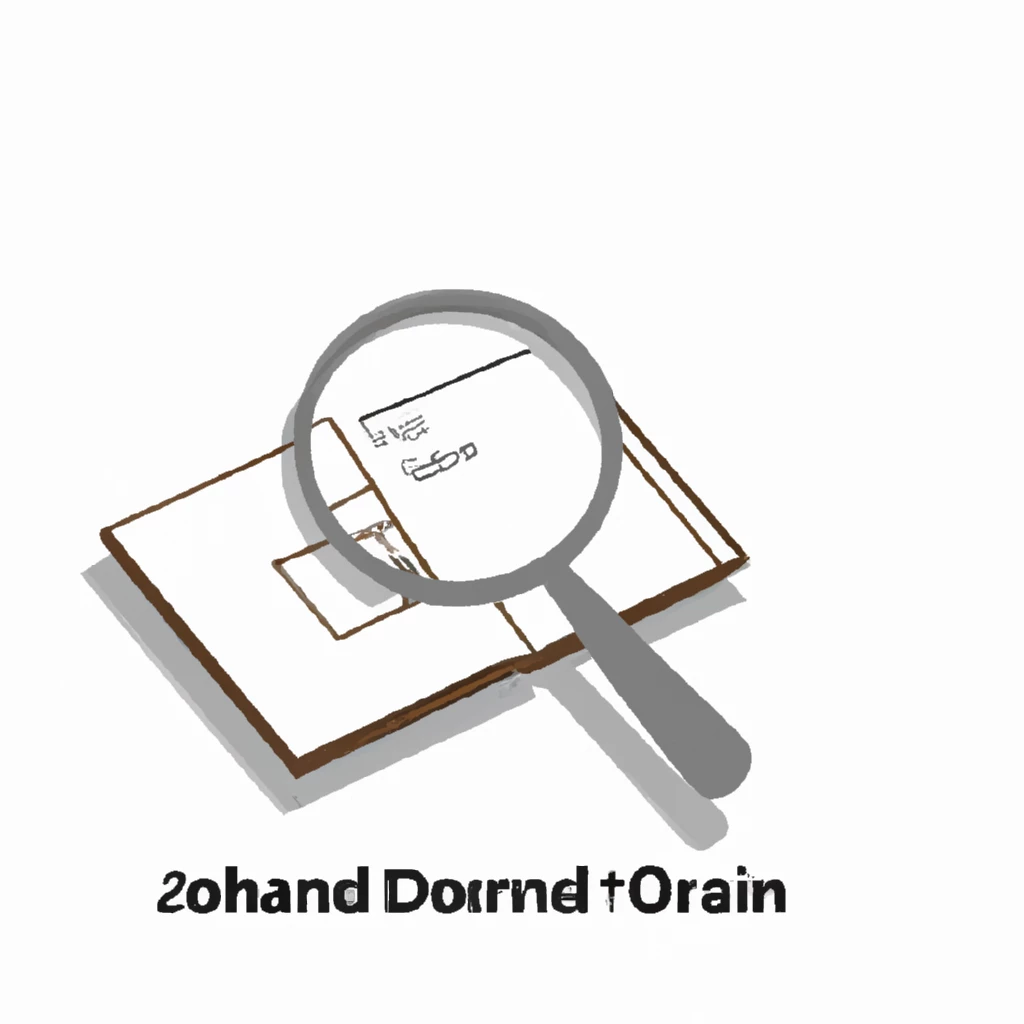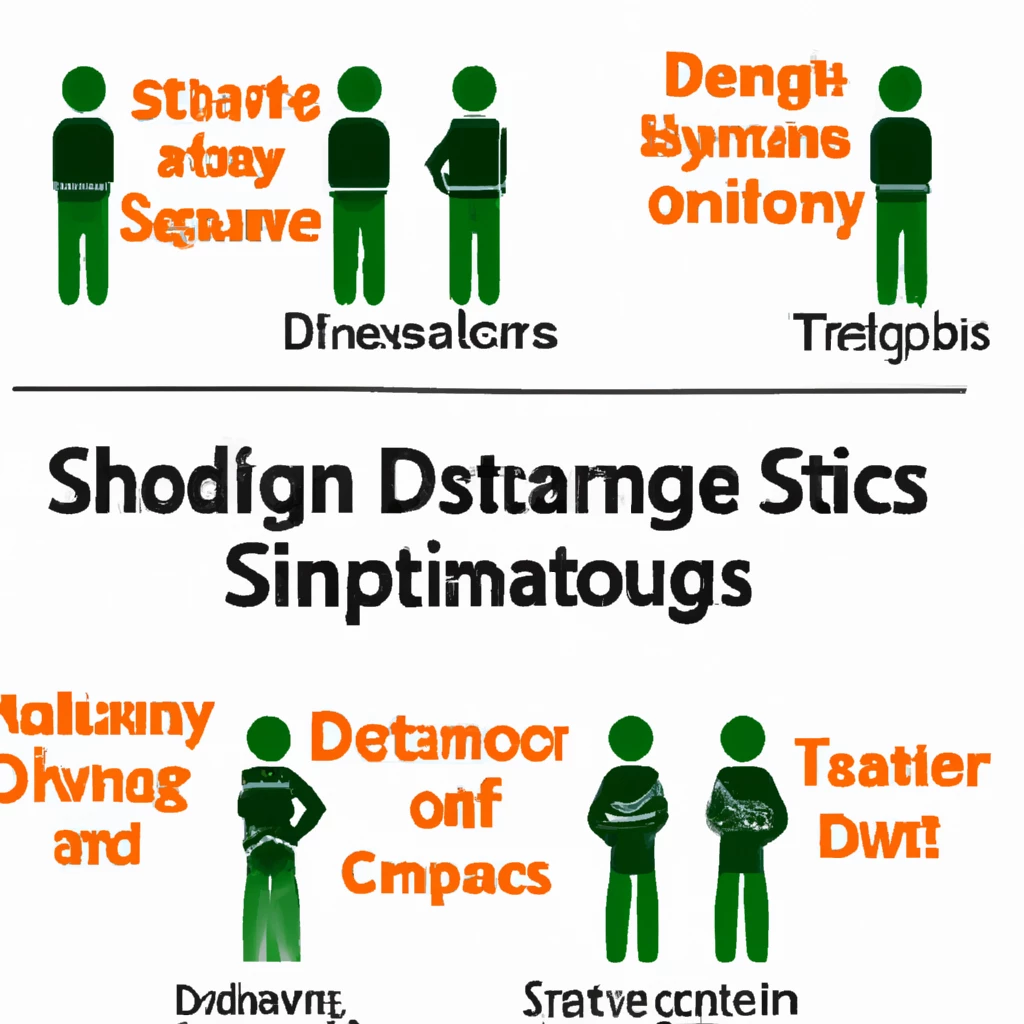
What Is the Chicago Board of Trade (CBOT)?
Founded in 1848, the Chicago Board of Trade (CBOT) is a renowned commodity exchange with a rich history. Initially focused on agricultural commodities like wheat, corn, and soybeans, the exchange has evolved to offer options and futures contracts on a diverse range of products, including gold, silver, U.S. Treasury bonds, and energy commodities.
### Key Highlights:
– Established in 1848
– Originally traded agricultural commodities
– Expanded to offer options and futures contracts on various products
– Diversified product offerings now include precious metals and energy commodities
Understanding the Chicago Board of Trade (CBOT)
The Chicago Board of Trade was established in the mid-19th century to assist farmers and commodity consumers in managing risks associated with price fluctuations in agricultural products such as wheat and corn. Over time, the exchange expanded to include futures contracts on livestock and other products, taking advantage of Chicago’s strategic location with access to major transportation networks and agricultural regions.
As the CBOT evolved, it began trading financial products, energy commodities, and precious metals, alongside its traditional agricultural offerings. Options contracts were introduced in the 1970s, enabling traders to enhance their risk management strategies. While commodities continue to be a core focus, the exchange now hosts a variety of products, including U.S. Treasury bonds and equity index futures.
Today, the Chicago Board of Trade operates under the Chicago Mercantile Exchange (CME) Group, a prominent derivatives marketplace comprising four exchanges:
– The Chicago Mercantile Exchange (CME)
– The Chicago Board of Trade (CBOT)
– The New York Mercantile Exchange (NYMEX)
– The COMEX
Each of these exchanges provides global benchmarks across major asset classes. Following the merger with the Chicago Mercantile Exchange in 2007, the CBOT expanded its product offerings to include interest rates, agricultural products, and equity index contracts.
Special Considerations
Historically, the Chicago Board of Trade operated as an open-outcry trading platform, where traders would physically meet to negotiate prices. However, with technological advancements, electronic trading systems have gradually replaced traditional open-outcry methods. The shift to electronic systems has led to the closure of many physical trading pits, reflecting a global trend towards digital trading platforms.







